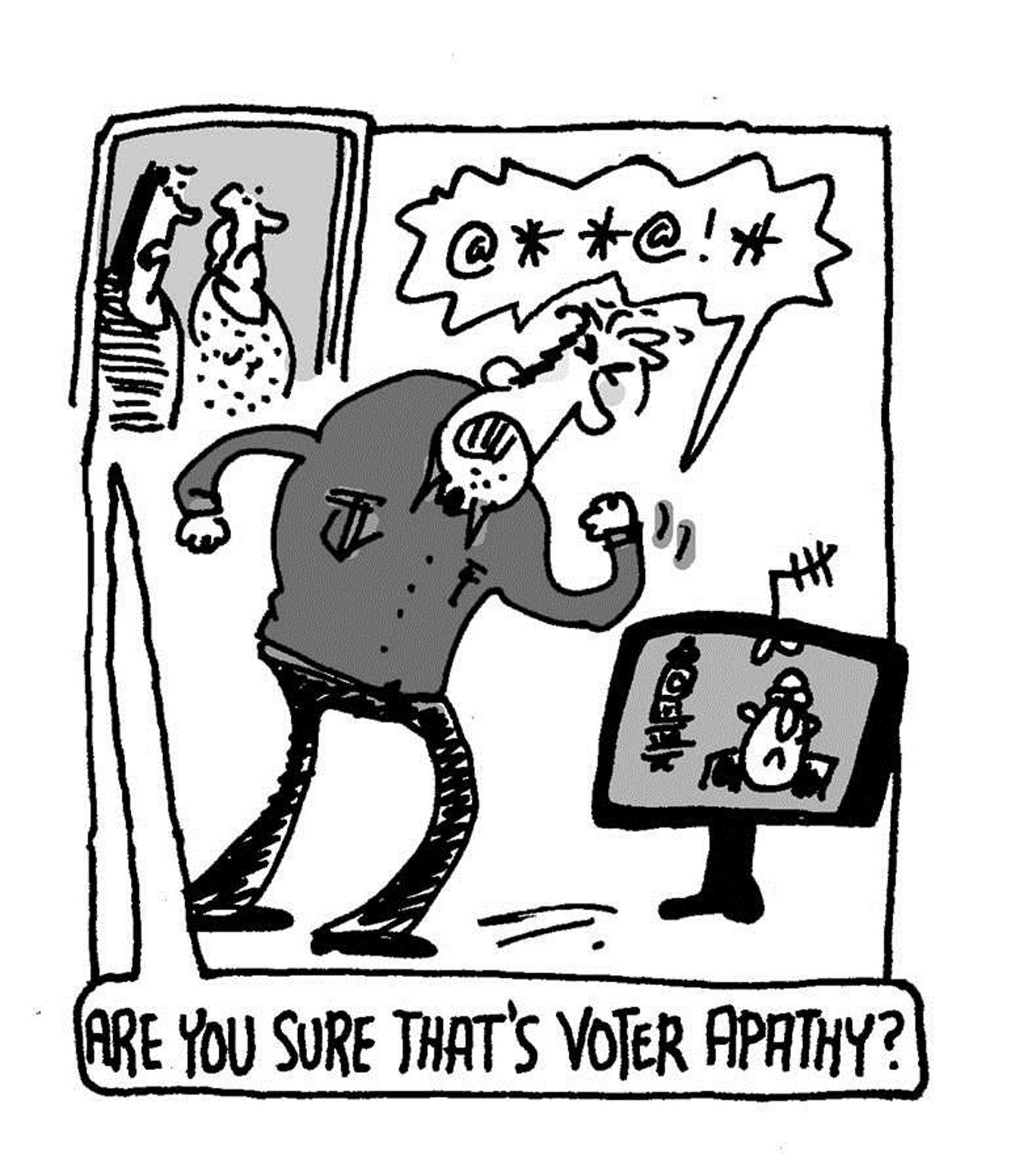Apathy? Alienation? How 'disengaged' four in ten voters reject ALL parties
Anti-sleaze watchdog that commissioned research believes findings pose worrying questions about future of democracy in Britain

Your support helps us to tell the story
From reproductive rights to climate change to Big Tech, The Independent is on the ground when the story is developing. Whether it's investigating the financials of Elon Musk's pro-Trump PAC or producing our latest documentary, 'The A Word', which shines a light on the American women fighting for reproductive rights, we know how important it is to parse out the facts from the messaging.
At such a critical moment in US history, we need reporters on the ground. Your donation allows us to keep sending journalists to speak to both sides of the story.
The Independent is trusted by Americans across the entire political spectrum. And unlike many other quality news outlets, we choose not to lock Americans out of our reporting and analysis with paywalls. We believe quality journalism should be available to everyone, paid for by those who can afford it.
Your support makes all the difference.Four in 10 people are "alienated" from Britain's political parties and say they will not consider voting for any of them, according to new research.
Young adults are even more "disengaged" from the party system, with 46 per cent of under-30s saying "none of the above" when presented with a list of the parties. Although the polling does not mean people are apathetic about politics, the anti-sleaze watchdog which commissioned it believes the findings pose worrying questions about the future of democracy in Britain.
Surprisingly, the survey suggests public scepticism is not confined to the Conservatives, Labour and the Liberal Democrats but extends to the smaller parties likely to win "protest votes". People were given the option of choosing the three main parties; the UK Independence Party, the Green Party, the British National Party, Respect, another un-named party; no party or saying "don't know." The survey of 1,900 people was carried out by TNS-BRMB for the Committee on Standards in Public Life.
Lord (Paul) Bew, the crossbench peer who chairs the committee, told The Independent today: "One particular cause for concern from the research is the number of people, especially young people, who feel disconnected from the political system and political parties."
He said the growth in the size of this group over the last 10 years represents a real challenge to politicians, parties, local organisations and community groups to provide the public with a sufficiently attractive and relevant set of options to choose from. However, Lord Bew added: " Public perception is not static - it can improve in response to events in the public sphere. That requires public office holders to be seen to be demonstrating the seven principle of public life - selflessness, accountability, objectivity, integrity, honesty and leadership."
In its summary of the findings, the committee, said that for the 40 per cent "disconnected" or "alienated" from party politics "hold sceptical or deeply sceptical perceptions of standards and do not trust those in public life." It warned that "an entrenched political disenchantment…appears to have acquired a growing foothold in the British public" and recommended further research into whether this "harbours the potential for rejection of the system of representative democracy and for democratic norms."
There are fears that the alienation could result in a record low turnout at the 2015 general election. The lowest recorded was 57 per cent in 1918, due to the end of the First World War. Between 1922 and 1997, turnout remained above 70 per cent. At the 2001 election, it was 59 per cent, rising to 61 per cent in 2005 and 65 per cent in 2010.

The latest monthly ComRes poll for The Independent shows older people are much more likely to vote. Only 34 per cent of 18-24 year-olds say they are absolutely certain to vote at the next election, rising to 41 per cent of 25-34 year-olds; 46 per cent of 35-44 year-olds; 56 per cent of 45-54 year-olds; 61 per cent of 55-64 year-olds and 68 per cent of those aged 65 and over.
Andrew Hawkins, the chairman of ComRes, said: "The evidence all points to people being turned off by the traditional party system. This firstly became apparent because of the decline in party memberships, and is now demonstrated in lower turnout and broadening of the spread of parties outside the main ones which people will support. But it is not a straightforward question of young people being more cynical than older age groups. Older people are more likely than young people to think politicians are too reckless about how they spend taxpayers' money and to think they don't have principles any more. It seems that the traditional ways for parties to connect with people, and the young in particular, are failing."
Join our commenting forum
Join thought-provoking conversations, follow other Independent readers and see their replies
Comments